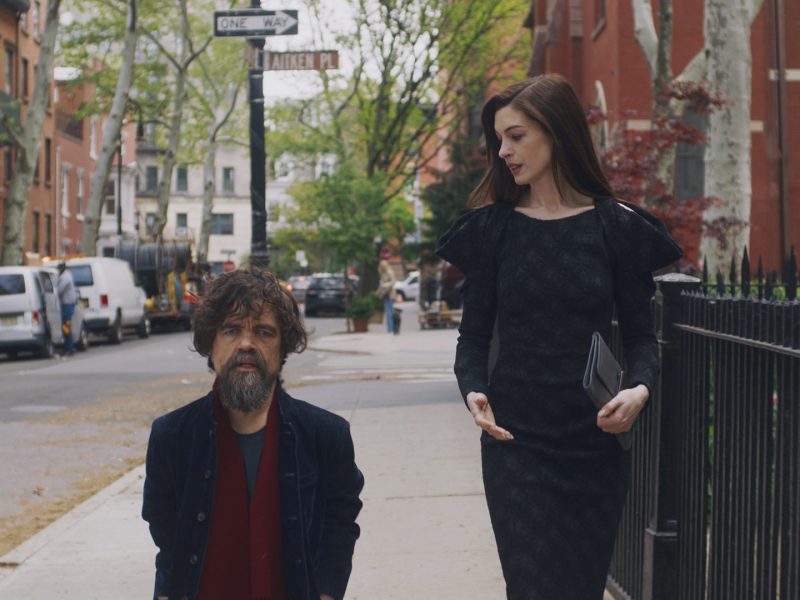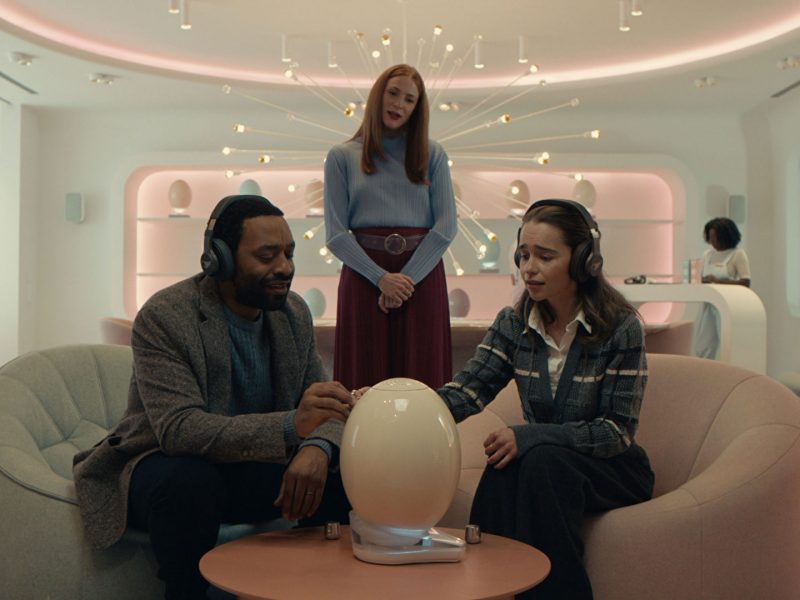
My Name is Pauli Murray Q&A
Co-Director Julie Cohen joined Angelika in New York for a Q&A conversation with reporter Melena Ryzik about her and Betsy West’s new film, My Name is Pauli Murray, about the life and legacy of Pauli Murray, a lawyer, activist, and poet who not only influenced many of the successful lawyers and lawmakers of the 20th and 21st centuries, but also is a fantastic representation of black, LGBTQ+ excellence. They delve into history, and any reasoning into why Pauli Murray’s influential existence – including the extensive existence of Pauli’s letters and writings – was erased from our history books.
Please note, during the Q&A, Pauli Murray is referred to on occasion using she/her pronouns, since, as Pauli had passed away before pronouns and gender expression became a regular part of social introductions, we do not know whether Pauli would have preferred to be referred to with she/her, he/him, they/them, or other pronouns, but Pauli’s family often uses she/her pronouns for Pauli.
Watch the Q&A here:
My Name is Pauli Murray aspires to tell the life story of Pauli through Pauli’s own words. In their research for Cohen and West’s previous documentary RBG, they came upon the influence that Pauli had on Ruth Bader Ginsburg and her iconic career, and they wondered why, in all their research, they had never heard of Pauli before – thus, My Name is Pauli Murray was born. The crew was able to research through Pauli’s written work through the Harvard archive, which owns not only Pauli’s legal writings, but also Pauli’s personal letters, both sent to and received from Pauli, and audio recordings. All of these documents allowed Cohen and West to craft a narrative that told Pauli’s life story from Pauli’s own perspectives.
With all of these documents being available, however, it is even more striking to consider how little many of us knew about Pauli before the documentary. As Cohen put it, “it kind of gave me a new understanding of how much we often miss”. So many pieces of history that don’t fit into a Eurocentric, heteronormative point of view are often erased when it comes to common knowledge and teachings of history. Cohen describes how many academics, especially black women, had been writing a great amount about Pauli, but the white, male narratives often pushed in history drastically overlooked them. When asked why we don’t often know as much about someone like Pauli Murray as we maybe should, Cohen cited “Racism, sexism, [and] fear of those who appear to be gender non-conforming” as a reasoning. “It’s hard to get attention when there’s not a whole movement around your ideas.” So often the lives, accomplishments, and narratives of black women (and black non-gender-conforming people) are erased from history, and this documentary aims to at least bring one incredible human being to the forefront of history once more.
About the film: Fifteen years before Rosa Parks refused to surrender her bus seat, a full decade before the U.S. Supreme Court overturned separate-but-equal legislation, Pauli Murray was already knee-deep fighting for social justice. A pioneering attorney, activist, priest and dedicated memoirist, Murray shaped landmark litigation—and consciousness— around race and gender equity. As an African American youth raised in the segregated South— who was also wrestling with broader notions of gender identity—Pauli understood, intrinsically, what it was to exist beyond previously accepted categories and cultural norms. Both Pauli’s personal path and tireless advocacy foreshadowed some of the most politically consequential issues of our time. Told largely in Pauli’s own words, My Name is Pauli Murray is a candid recounting of that unique and extraordinary journey.







